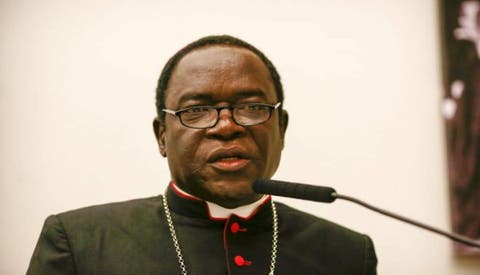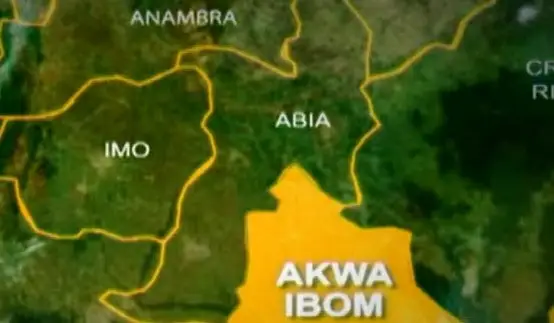A new poll has revealed that Atiku Abubakar, the presidential candidate of the Peoples Democratic Party (PDP), is the favourite to win the presidential election scheduled to hold on February 25.
According to the new poll conducted by POLAF, a not-for-profit organisation, the election will be Keenly contested among the top contenders.
The results of the poll, which was conducted between July 2022 and February 2023, ruled out the possibility of a run-off, insisting that the Adamawa-born politician will win in most of the states.
On the methodology used for the poll, the organisation said three states were selected in each geopolitical zone, with an extra state selected from the South-South and South-West to make the number of states from which samples were drawn 20 out of 36 plus the Federal Capital Territory.
It said the sample was drawn from the voter register of the Independent National Electoral Commission (INEC), adding that 3,123,660 respondents across 165 local government areas were contacted via telephone and were spoken to in English and any other native language they were most comfortable speaking in.
The poll report stated clearly that things may change before and on election day.
Peter Obi, the presidential candidate of the Labour Party (LP), has made significant inroads into the Middle Belt and other strongholds of the PDP – a development that has been confirmed by other polls. Governor Samuel Ortom of Benue State recently endorsed Obi.
Most of the polls released so far have tipped Obi to win the election. He was predicted as the winner in all three polls commissioned by the ANAP Foundation and conducted by NOI Polls Limited.
In the POLAF poll, Atiku secured 38 per cent to emerge as the preferred candidate, followed by Bola Tinubu of the All Progressives Congress (APC), who got 29 per cent, while Obi secured 27 per cent to take the third position.
Rabiu Kwakwanso of the New Nigerian People’s Party (NNPP) is a distant fourth with only 5 per cent of the total votes.
The survey also projects that the PDP and the APC are the only two parties to comfortably secure the constitutionally required 25 per cent across 24 states and the Federal Capital Territory. The LP and the NNPP are struggling in this regard.
“The poll survey shows each candidate’s position vide parameters and voters’ concerns. Four of 10 respondents are certain that their positions on candidates are made; three of 10 believe vote buying would influence their choice for voting; while the remainder awaiting guidance direction (from religious leaders, market associations, trade unions, etc.)” POLAF said in the report.
The majority of the respondents expressed dissatisfaction with the way the APC-led administration under President Muhammadu Buhari had handled the economy.
Ninety-five per cent of the total respondents agree that the current government has performed worse than ever.
Afrobarometer, which conducted a survey in March 2022, said there had been significant shifts in the mood and affiliations of the Nigerian public.
“Citizens are overwhelmingly gloomy in their assessments of the country’s overall direction, the national economy, their personal living conditions, and the government’s performance on crime and violence, and affiliation with the two major political parties is on a rapid decline. These findings suggest a broad desire for change and a widening political field,” it said.







